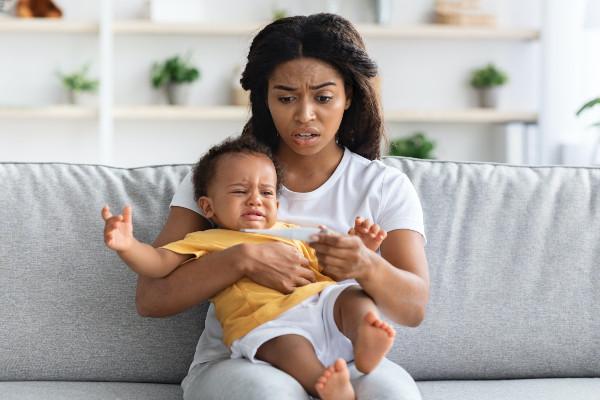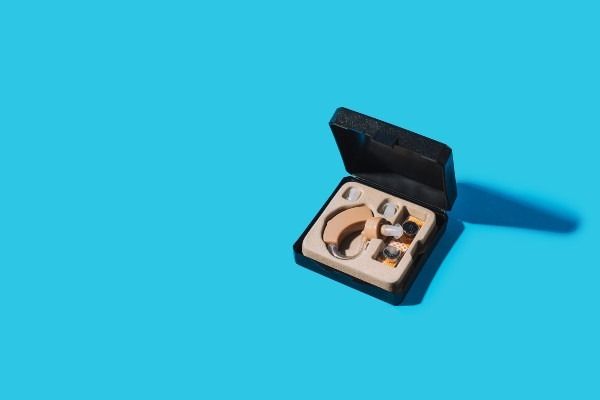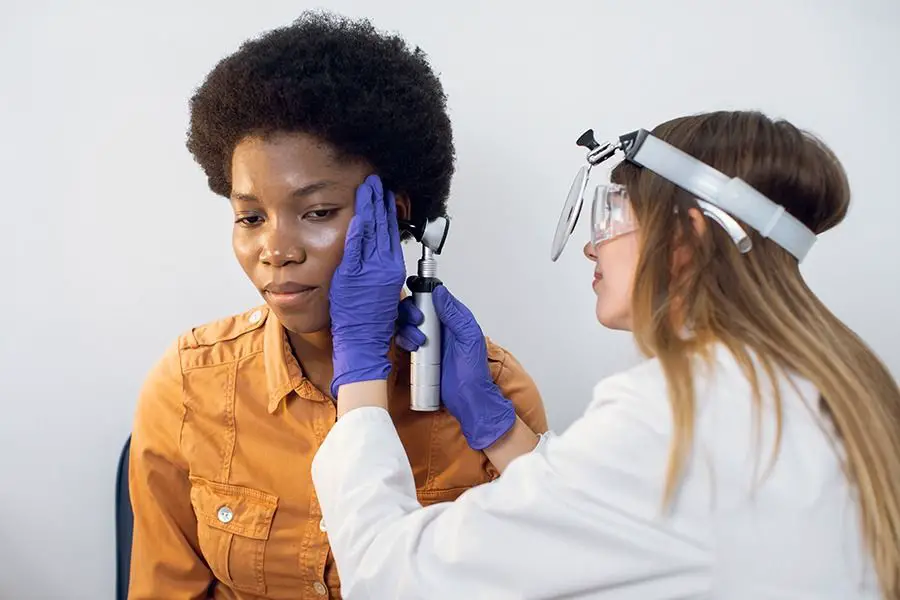Introduction
Meningitis and hearing loss are two interconnected health concerns that can have a significant impact on the lives of affected individuals and their families. This comprehensive guide aims to help concerned parents navigate the complex relationship between meningitis and hearing loss, providing valuable information on prevention, diagnosis, treatment strategies, and support. By gaining a better understanding of this connection, you can take steps to protect your child’s hearing and support them throughout their recovery journey. In this guide, we will explore various aspects of meningitis and hearing loss, focusing on the most up-to-date research and practical advice for parents.
The Impact of Meningitis on Hearing:
What You Need to Know Meningitis is an inflammation of the protective membranes surrounding the brain and spinal cord, which can be caused by various bacterial, viral, or fungal infections. When left untreated, meningitis can lead to severe complications, including permanent hearing loss. This devastating side effect occurs when the infection causes damage to the inner ear, auditory nerve, or even the brain’s auditory processing centers. The risk of hearing loss varies depending on the type of meningitis, with bacterial meningitis posing a higher risk compared to viral meningitis.
It is crucial to be aware of the potential signs of meningitis-induced hearing loss, which can manifest as difficulty hearing, tinnitus (ringing in the ears), or even sudden deafness. Early detection and intervention are vital in minimizing the risk of permanent hearing loss, making it essential for parents to be vigilant in monitoring their child’s hearing health following a meningitis diagnosis. In some cases, hearing loss may be temporary and improve over time, while in others, it may be permanent and require ongoing management and support.
Tweak Digital Hearing Amplifier
Experience the epitome of sophisticated sound with Tweak, the revolutionary device that brings a new dimension to your auditory experience. Harnessing the power of innovative patented technology, Tweak offers you the freedom to fine-tune your hearing with a diverse range of amplification options. Whether you prefer a subtle enhancement or a more pronounced boost, Tweak empowers you to effortlessly customize your acoustic world.
Crafted with meticulous care and expertise, Tweak represents the brilliant collaboration between an esteemed audiologist and a team of dedicated acoustic engineers. Their collective passion for impeccable sound quality shines through in every detail of this remarkable device. Designed to elevate your hearing capabilities across any environment, Tweak utilizes cutting-edge technology to ensure that you can fully engage with the sounds that matter most to you.
Unlock the extraordinary potential of affordable sound quality with Tweak. By leveraging the latest advancements in digital technology, this ingenious device delivers an auditory experience that rivals that of prescription hearing aids. With premium-grade components at its core, Tweak offers you uncompromising performance without breaking the bank. Immerse yourself in a world of enhanced sound, where clarity and richness seamlessly merge to create an exceptional listening experience.
Meningitis-Related Hearing Loss:
Causes, Symptoms, and Treatment The primary cause of meningitis-related hearing loss is damage to the structures within the inner ear or auditory nerve due to inflammation caused by the infection. This damage can lead to a range of hearing loss symptoms, from mild difficulty hearing to complete deafness. Symptoms of meningitis-induced hearing loss may also include tinnitus, vertigo (dizziness), and a sensation of fullness or pressure in the ears.
When it comes to treating meningitis-related hearing loss, the primary focus is on addressing the underlying infection and reducing inflammation. This often involves the use of antibiotics or antiviral medications, depending on the cause of the meningitis. In some cases, corticosteroids may be administered to reduce inflammation and protect the delicate structures of the inner ear. If hearing loss persists after the infection has been treated, hearing aids or cochlear implants may be considered to help improve communication and quality of life.
CBD for Tinnitus: Can It Stop the Ringing?
Navigating Life with Hearing Loss After Meningitis
Adjusting to life with hearing loss after meningitis can be a challenging process for both the individual affected and their loved ones. However, with the right support, tools, and resources, it is possible to help your child or family member thrive in their new reality. First and foremost, it is essential to educate yourself and your loved ones about hearing loss and its implications. Understanding the intricacies of this condition will enable you to communicate effectively and empathize with the person’s struggles.
Assistive technologies, such as hearing aids and cochlear implants, can significantly improve the quality of life for those with meningitis-related hearing loss. It’s essential to explore the options available and consult with a qualified audiologist to determine the most suitable device for your child’s unique needs. Furthermore, consider enrolling in speech and language therapy programs to help develop their communication skills and boost their confidence in social situations.
Multidisciplinary Collaboration in Meningitis and Hearing Loss Research
Advancements in the understanding and treatment of meningitis and hearing loss require collaboration across multiple disciplines, including audiology, neurology, infectious disease, and immunology. This multidisciplinary approach enables researchers and clinicians to pool their expertise and resources, leading to breakthroughs in the prevention, diagnosis, and management of these interconnected health concerns. By working together, experts in these fields can develop innovative strategies to minimize the risk of hearing loss following meningitis and improve the quality of life for those affected.
Collaborative research efforts have already led to significant improvements in meningitis vaccines, early diagnosis techniques, and treatment options for hearing loss. As research continues to evolve, it is crucial for parents and healthcare professionals to stay up-to-date on the latest developments and recommendations to ensure optimal care for children at risk of meningitis and hearing loss.
The Future of Cochlear Implants for Meningitis-Related Hearing Loss
Cochlear implants have revolutionized the treatment of severe to profound hearing loss in many individuals, including those with meningitis-related hearing loss. These surgically implanted devices bypass damaged structures within the inner ear and directly stimulate the auditory nerve, allowing the brain to process sound signals. With ongoing advancements in cochlear implant technology, there is hope for even better outcomes for those affected by meningitis and hearing loss.
Future developments in cochlear implant technology may include improved speech recognition in noisy environments, better sound quality, and more natural listening experiences. Additionally, ongoing research aims to develop devices that are compatible with MRI scans, which is currently a limitation of many cochlear implants. By staying informed about the latest advancements in cochlear implant technology, parents and healthcare professionals can ensure the best possible outcomes for those affected by meningitis-related hearing loss.
New Horizons in Regenerative Medicine for Meningitis and Hearing Loss
Regenerative medicine holds great promise for the future of treating meningitis-induced hearing loss. This emerging field focuses on the development of therapies that stimulate the body’s innate ability to repair or replace damaged cells, tissues, or organs. In the context of meningitis and hearing loss, regenerative medicine could potentially be used to repair or regenerate damaged cells within the inner ear or auditory nerve.
While research in this area is still in its early stages, some promising developments have been made in animal models, including the successful regeneration of hair cells within the inner ear. If these findings can be translated to humans, it could revolutionize the treatment of meningitis-related hearing loss by offering a potential cure for this devastating complication. Parents and healthcare professionals should keep an eye on the progress of regenerative medicine research to stay informed about potential future treatment options.
Conclusion:
Meningitis and hearing loss are interconnected health concerns that can have a significant impact on affected individuals and their families. By understanding the connection between these conditions, parents can take steps to protect their child’s hearing and support them through the recovery process. This comprehensive guide has explored various aspects of meningitis and hearing loss, providing valuable information on prevention, diagnosis, treatment strategies, and support.
The importance of multidisciplinary collaboration in research, advancements in cochlear implant technology, and the potential of regenerative medicine are promising developments for those affected by meningitis and hearing loss. As a concerned parent, staying informed about these advancements and ensuring access to the latest treatments can help improve the quality of life for your child. By working together, parents, healthcare professionals, and researchers can make a difference in the lives of those affected by meningitis and hearing loss.









